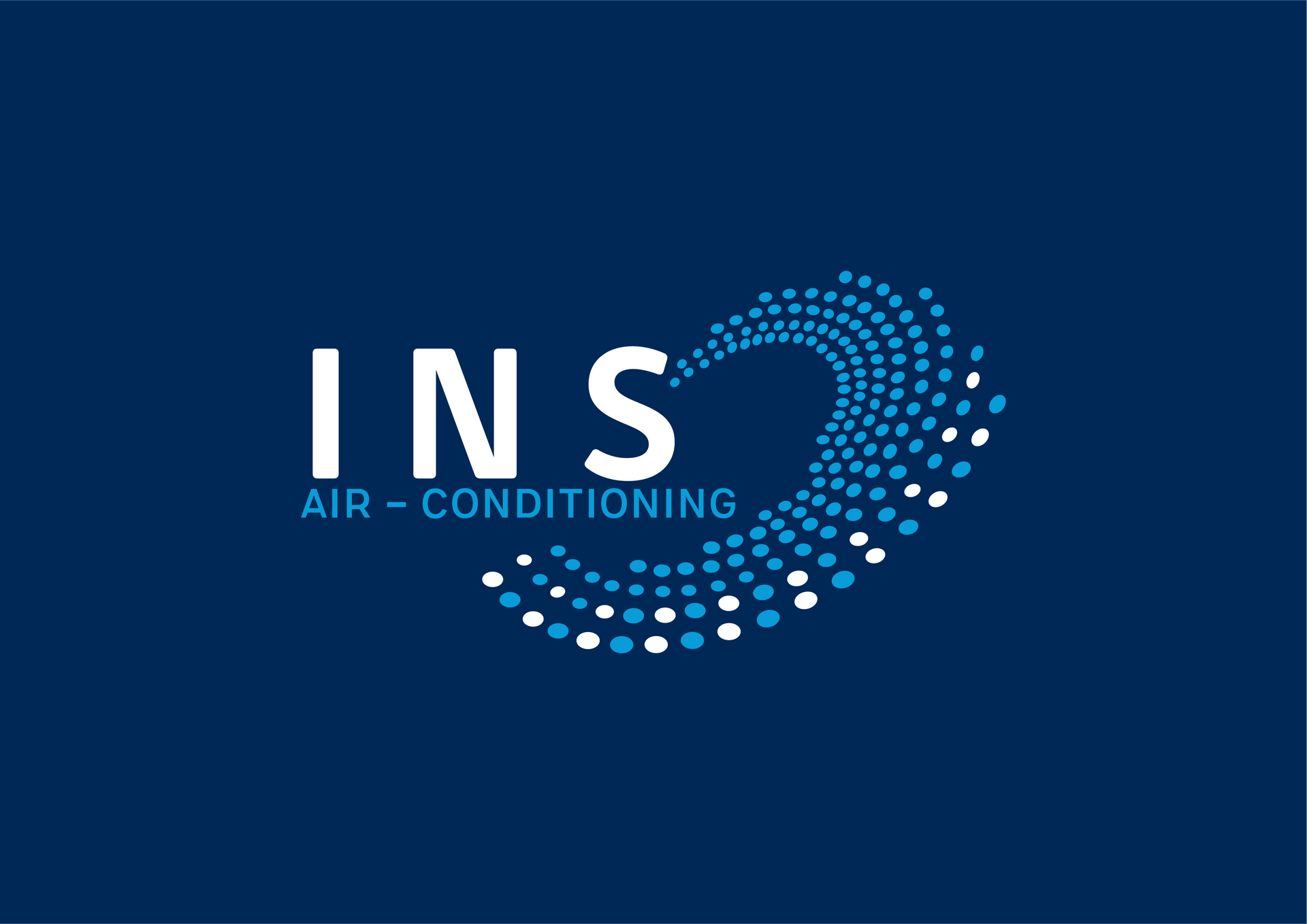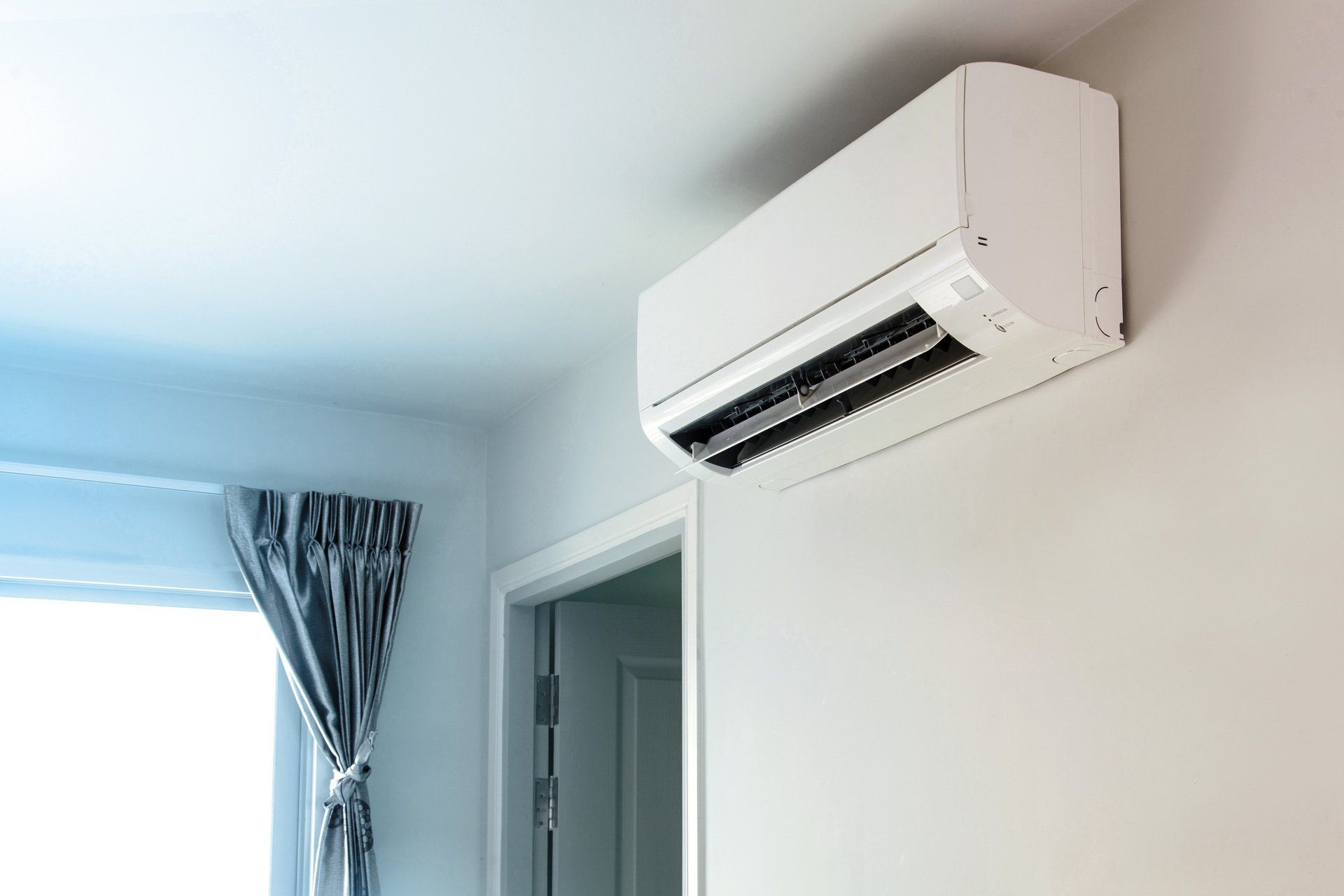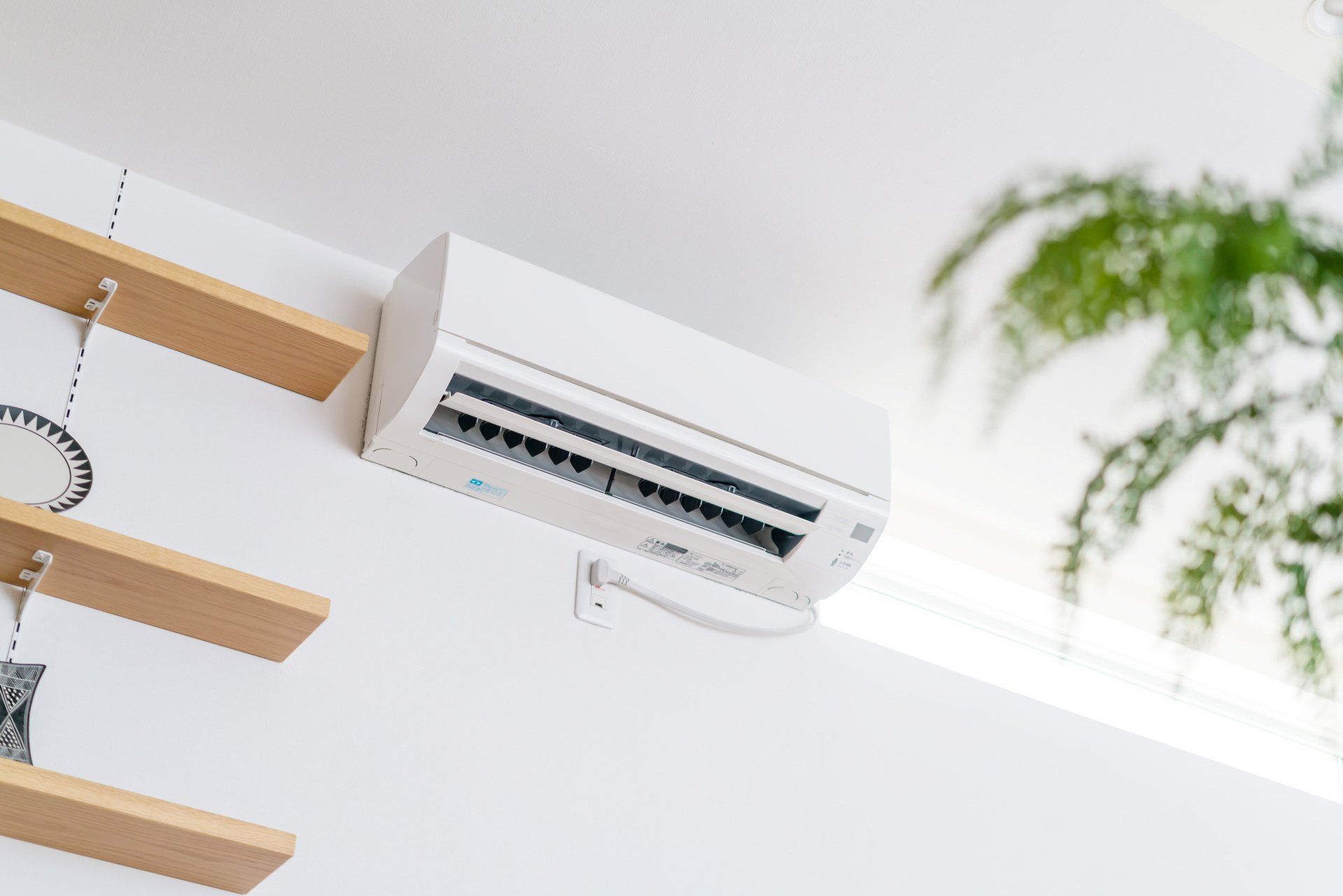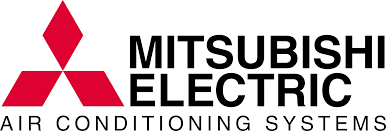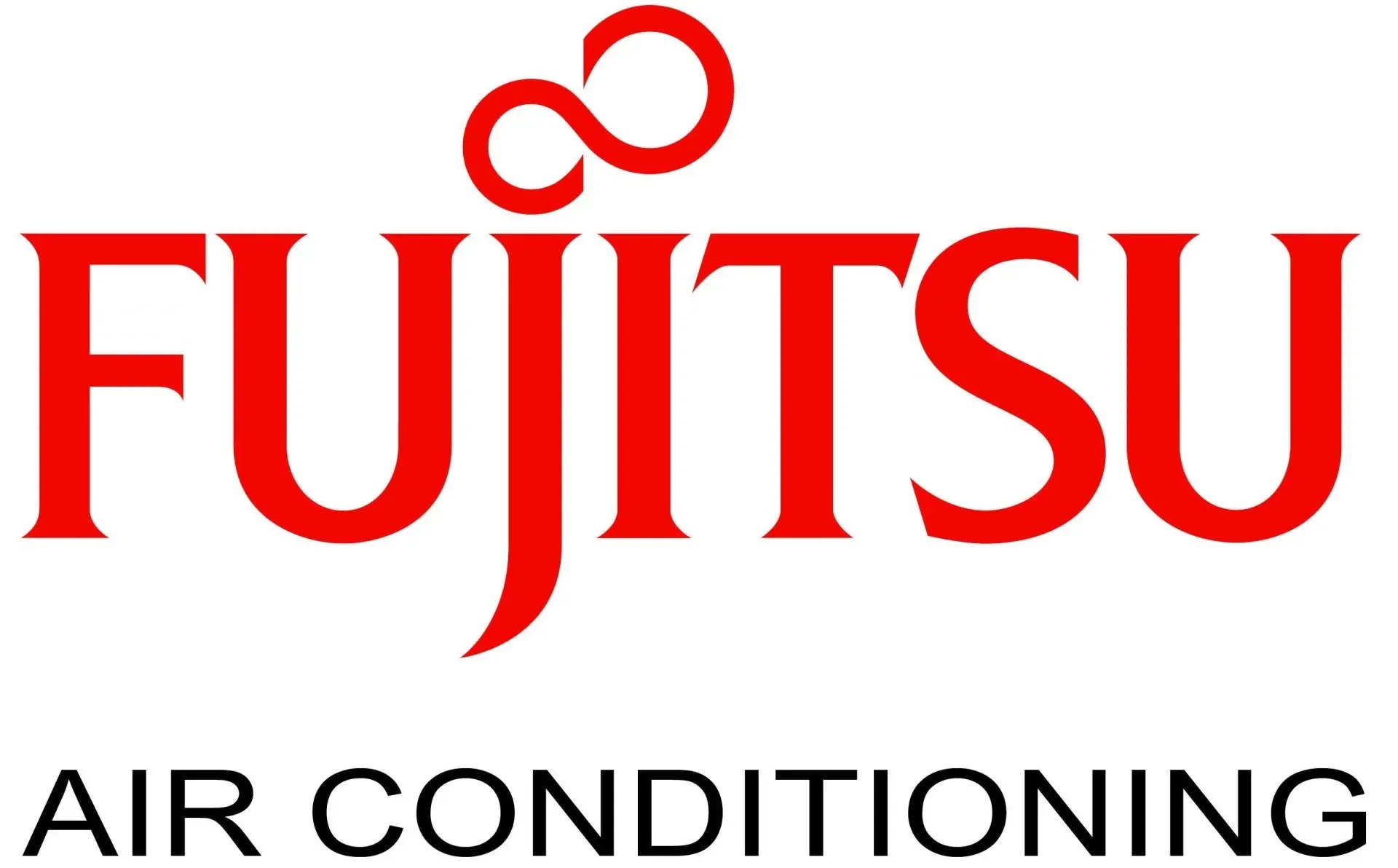How Air Conditioning Can Boost Workplace Productivity
In today’s competitive business environment, maximising workplace productivity is essential. While many factors contribute to a productive work environment, one often overlooked element is the impact of air conditioning. Maintaining a comfortable temperature in the workplace is not just a matter of comfort; it’s a strategic decision that can have significant effects on employee performance, morale, and overall business success. In this post, we’ll explore how air conditioning can boost workplace productivity and why it should be a priority for every business.
The Science Behind Comfort and Productivity
Several studies have demonstrated a clear link between workplace temperature and productivity. The optimal temperature for office work is generally considered to be between 21°C and 24°C. When temperatures rise above or fall below this range, it can negatively impact concentration, accuracy, and overall work performance.
Temperature and Cognitive Function: At temperatures that are too high or too low, the body uses more energy to maintain its core temperature. This diversion of energy can reduce the resources available for cognitive functions, leading to slower reaction times, increased errors, and reduced focus. In contrast, a well-regulated environment allows employees to focus more effectively on their tasks, improving both efficiency and output.
Employee Comfort and Satisfaction: Employee comfort is directly related to job satisfaction. When employees are comfortable, they are more likely to be satisfied with their work environment, which can lead to improved morale and lower turnover rates. On the other hand, uncomfortable working conditions, such as those caused by inadequate air conditioning, can lead to increased stress, irritability, and dissatisfaction, all of which can detract from productivity.
The Role of Air Conditioning in Enhancing Productivity
- Maintaining Optimal Temperature: One of the primary functions of air conditioning is to maintain a consistent, comfortable temperature throughout the workplace. This consistency helps to eliminate the fluctuations that can cause discomfort and disrupt work. By ensuring that the office environment remains within the optimal temperature range, businesses can support their employees’ ability to work efficiently and effectively.
- Improving Air Quality: Modern air conditioning systems do more than just control temperature; they also help to improve indoor air quality by filtering out pollutants, allergens, and dust. Clean air is crucial for maintaining health and preventing issues like allergies or respiratory problems, which can lead to increased absenteeism and reduced productivity. A well-maintained air conditioning system contributes to a healthier work environment, allowing employees to perform at their best.
- Reducing Humidity Levels: High humidity levels can be just as uncomfortable as extreme temperatures. Humidity affects the body’s ability to cool itself, making the environment feel hotter than it actually is. This can lead to discomfort, fatigue, and decreased productivity. Air conditioning systems help to control humidity levels, creating a more comfortable environment that is conducive to sustained focus and effort.
- Enhancing Concentration and Focus: Discomfort caused by an improper office temperature can be a major distraction. Employees who are too hot or too cold may find it difficult to concentrate on their work, leading to decreased productivity. By providing a comfortable environment, air conditioning reduces these distractions and helps employees to maintain their focus on their tasks.
Long-Term Benefits of a Comfortable Workplace
The benefits of air conditioning in the workplace extend beyond immediate productivity gains. Over time, a comfortable and well-regulated environment can contribute to:
- Reduced Employee Turnover: A comfortable workplace is one where employees are more likely to stay long-term. This reduces turnover, saving the company money on recruitment and training costs.
- Improved Employee Health: Consistent air conditioning can prevent heat-related illnesses and reduce the incidence of sick days due to poor air quality or temperature extremes. Healthy employees are more productive and less likely to miss work.
- Enhanced Company Reputation: Companies that invest in the comfort and well-being of their employees are often viewed more favourably by both current and prospective employees. This can enhance the company’s reputation as an employer of choice, attracting top talent.
Conclusion
Investing in a quality air conditioning system is an investment in your company’s productivity. By creating a comfortable and healthy work environment, businesses can ensure that their employees are able to perform at their best, leading to improved output, higher job satisfaction, and a more successful organisation overall. Air conditioning is not just a luxury; it’s a critical component of a productive and efficient workplace.
